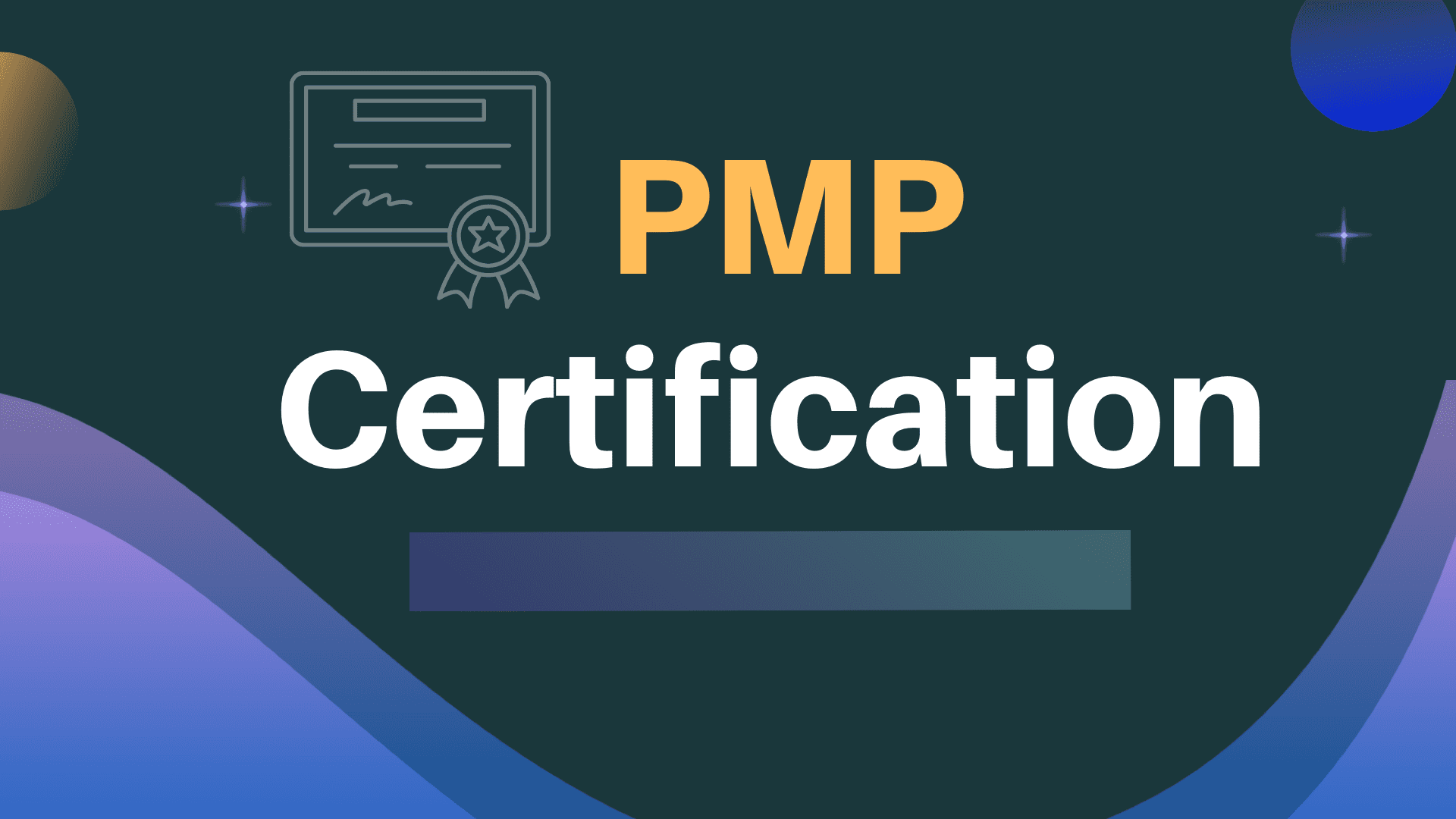GUIDE
Is PMP Certification relevant to a practitioner?

The PMP certification is meant for experts, not novices. Before applying for certification and going through the program, you must have some project management experience. Experience is not required for training, but since many concepts are situational, having some helps you understand the material better.
The PMP certification, widely regarded as the industry standard, was created by practitioners to expedite professional competency and enable the personalization of project management inside an organization. In this article, learn what a PMP certification is and why it is relevant to a practitioner. So, let’s start. Furthermore, before plunging into PMP certification, it is critical to investigate specialist PMP certification courses. These courses provide customized insights into project management processes, guaranteeing a comprehensive grasp. They assist practitioners not only in earning the PMP certification but also in implementing advanced project management abilities successfully inside their enterprises by focusing on test preparation.
What is a PMP Certification?
A respected and useful qualification in project management is the PMP (Project Management Professional) designation. The Project Management Institute, or PMI, is a global non-profit organization that certifies professionals who want to advance their global understanding of project management techniques and offers leadership certification.
In essence, it promotes the advancement of your career while adhering to global norms for professional training, education, skill development, and assessment. Employers of people from diverse cultural backgrounds are hiring more project managers, and they need more of them with standardized skills.
These project managers will work on computer restructuring projects, translating strategic aspirations into tangible objectives and guaranteeing successful solutions approved by all stakeholders. Achieving a balance between many restrictions, including time, resources, and budget, is crucial.
Why is PMP Certification relevant to a practitioner?
Project managers play a crucial role in the complex world of business. They act as the connecting link between concepts and their implementation, making sure that projects achieve their goals within financial and schedule limitations.
Having a definite badge of competence, like the PMP certification, is extremely valuable in light of this crucial function. The PMP certification is relevant to a practitioner for the following reasons:
Proficiency:
Possessing a PMP certification improves a project manager’s standing among colleagues worldwide. It shows their abilities, know-how, and project management expertise. Employers and clients instantly recognize a specific level of knowledge and professional devotion when they see “PMP” beside a name.
Professional Growth:
PMP certification has become a priority for practitioners as companies now prefer project managers with this certificate tool. Having this gives you an edge by boosting your chances of promotion and increasing your responsibilities and salary.
Earning Potential:
Several surveys, such as the ones carried out by PMI, regularly demonstrate that project managers with PMP certification are paid more than their non-certified colleagues. This pattern is seen in several different sectors and areas.
Enhancement of Skills:
To prepare for the PMP exam, one must thoroughly study the scope and extent of project management best practices, tools, and concepts. A project manager’s skill set is inevitably expanded and refined by this intensive preparation, making them more capable of managing complicated projects.
Enhanced Project Performance:
Certified project managers are better able to lead projects to successful completion thanks to the techniques and knowledge they learned throughout PMP training. They may guarantee that projects are more often finished on schedule, on budget, and within the specified scope.
Networking Possibilities:
Professionals with PMP certification frequently have access to international PMI conferences, meetings, and online discussion boards. These sites are a veritable treasure mine for networking, information exchange, and gaining insight from colleagues’ experiences.
Learn Structured Project Management:
This point will be appreciated by everyone who has managed a project at least once. Yes, in project management, nothing ever goes as planned.
Every PM needs to be alert to handle unforeseen circumstances. It may be the client’s request, the project’s conclusion, or team dynamics. Everything is prone to change. A certified PMP specialist, however, can manage things methodically.
PMP Certification Helps Practitioners Become More Efficient
Businesses think individuals with PMP® certifications can handle people, businesses, and customers more simply. They will pick up a common language, making it simpler for the company to complete the transaction gradually. The primary role of project managers is to communicate. They converse with the customer or the team.
They can interact consistently with the abilities learned during the training. For example, a certified professional understands the distinction between total and free float and can conduct performance reviews and procurement audits. They will facilitate the team’s and the client’s seamless goal-achieving.
Boost your career opportunities with PMP Certification
You can add a star to your CV after passing the PMP exam. This could aid in your sale, your company’s sale to a client, or your search for a higher position. Nowadays, most project manager jobs are posted with PMP requirements or as PMP preferred.
The candidate with PMP Certification is more likely to be interviewed first, even though PMP is preferred. Suppose five of the fifty applicants for a position are PMP Certified. There’s a good chance that these five applicants will be interviewed first.
You might not have any trouble acing an interview and landing the job if you have truly concentrated on learning and using project management. As a result, as a PMP, your chances of landing a job you truly enjoy and appreciate, as well as one with a higher compensation, are increased.
The PMP, developed by project experts for project leaders, attests to your possession of the project management abilities demanded by employers. Every day, there is a growing need for project managers with experience.
With the PMP certification, you may boost your marketability and discover what fascinating opportunities are in store for you.
Conclusion
Deciding to pursue PMP certification is a big career investment. The benefits of knowledge, abilities, and professional options make the time, effort, and resources worthwhile. Remember that the field of project management is broad and dynamic.
It is essential to keep up with the most recent techniques and practices and constantly learn new things. Hence, there’s always an opportunity for improvement, regardless of experience level, and earning the PMP certification can be the next best thing for you!

-

 MORE3 months ago
MORE3 months agoKatie Cherkasky: A Trailblazer in Military and Civil Rights Law
-

 BUSINESS3 months ago
BUSINESS3 months agoDecomm: Mastering The Final Stage of Tech Lifecycles
-

 MORE3 months ago
MORE3 months agoLance Acord: Framing Emotion Through Cinematography
-

 GUIDE3 months ago
GUIDE3 months agoEnhancing Outdoor Adventures: A Practical Guide to UTV Accessories and Their Uses